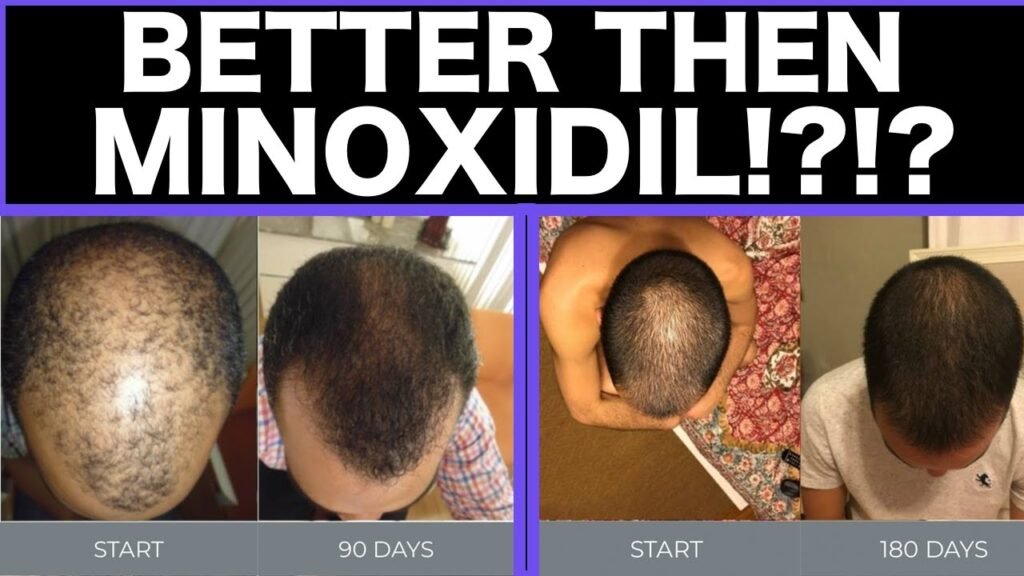Which is better: Oral minoxidil vs topical
When considering the effectiveness of oral minoxidil versus topical minoxidil for hair growth, its essential to weigh the benefits and drawbacks of each form. Topical minoxidil is widely known and used for treating hair loss. It is applied directly to the scalp, where it works by revitalizing hair follicles and stimulating hair growth. Users often appreciate its localized application, which minimizes systemic absorption and reduces the risk of side effects. However, consistent application is crucial for seeing results, and some individuals may experience scalp irritation or other dermatological reactions.
On the other hand, oral minoxidil, originally used for treating high blood pressure, has gained attention for its potential in promoting hair growth. This form of minoxidil is taken as a pill, allowing the active ingredient to be delivered systemically. Some studies suggest that oral minoxidil may lead to more significant hair growth in some individuals compared to the topical version. However, it is crucial to note that oral minoxidil can have more systemic side effects, such as changes in blood pressure, fluid retention, and increased heart rate, which necessitates careful medical supervision.
Factors to Consider
– Effectiveness: While both forms aim to stimulate hair growth, individual responses can vary. Some may find topical minoxidil sufficient, while others may experience better results with oral administration.
– Safety and Side Effects: Topical minoxidil typically has fewer systemic side effects compared to oral minoxidil. However, oral minoxidil may be more effective for certain users, albeit with a higher risk of side effects.
– Convenience and Preference: Topical minoxidil requires daily application, which some users may find inconvenient. Oral minoxidil, taken as a pill, might be more convenient for those who prefer not to apply a product to their scalp daily.
Ultimately, the choice between oral and topical minoxidil should be based on individual needs, medical history, and professional medical advice. Consulting with a healthcare provider can help determine the most appropriate form of treatment for hair loss.


